Enrique Molina Theater
The ruins of a grand theater destroyed during the most powerful seismic catastrophe ever recorded.
Ruined by the foreshocks of the most powerful earthquake ever recorded, this once-grand neoclassical theater serves as a permanent reminder of the seismic threats constantly haunting Chile.
After just 25 years as a performance venue, the Enrique Molina Theatre was destroyed by a series of four devastating earthquakes in May 1960, which unleashed a quarter of the 20th century’s total global seismic energy on Southern Chile in just 33 hours.
The three Concepción quakes—which measured up to a magnitude 8.3—were shortly followed by the record-breaking magnitude 9.6 Valdivia earthquake. The catastrophic rumblings reduced a third of Concepción’s buildings to no more than ruins and rubble. The Enrique Molina Theatre ruins are a sobering relic of this natural disaster.
The once-grand neoclassical theater was meant to be an architectural and cultural treasure, until nature made other plans for its fate. It was named after the co-founder of The University of Concepción, Enrique Molina Garmendia. It was originally intended as a college theater for another of Molina Garmendia’s educational enterprises, the Concepción Men’s College (Liceo de Hombres de Concepción).
A movement to salvage the grand theater gained support during the beginning of the 21st century. An architect was chosen, and local government funding for the restoration was secured in 2009, a year which saw the ruins declared a National Historical Monument. Sadly, in 2010, a magnitude 8.8 earthquake shook Concepción again, causing further damage to the already precarious edifice. Municipal funds for the theater’s reconstruction were redirected elsewhere after the 2010 earthquake, leaving a once-beautiful theatre in a state of poetic decay at the heart of Chile’s quake-prone second city.
Know Before You Go
The ruins are located on Avenida Victor Lamas, one of the city's main thoroughfares, and are opposite the large and attractive Parque Ecuador city park. Urban Explorers beware; the ruins could be dangerous to enter and are fenced off from the road, but views to the interior of this once opulent neoclassical structure can still be enjoyed safely from the sidewalk.


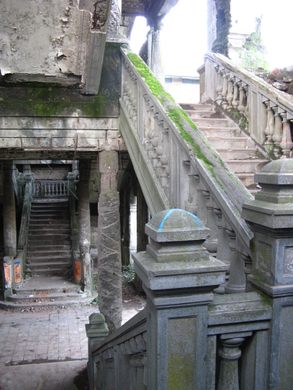

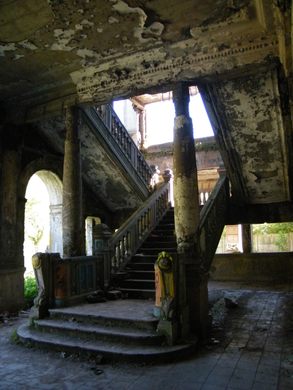



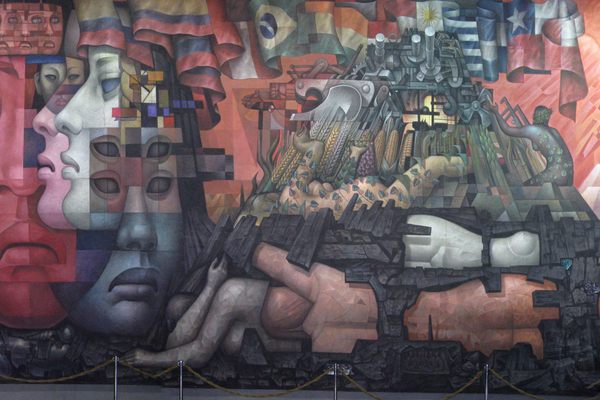
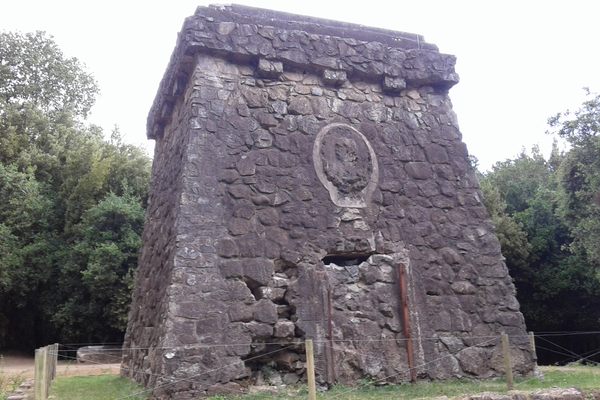

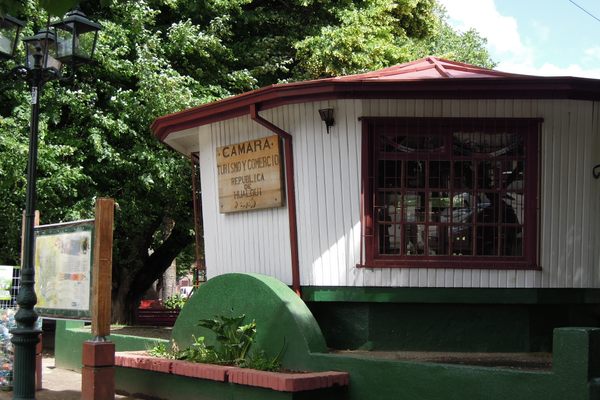



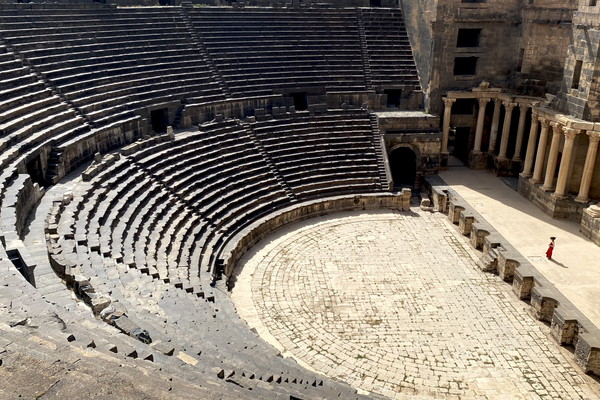

Follow us on Twitter to get the latest on the world's hidden wonders.
Like us on Facebook to get the latest on the world's hidden wonders.
Follow us on Twitter Like us on Facebook